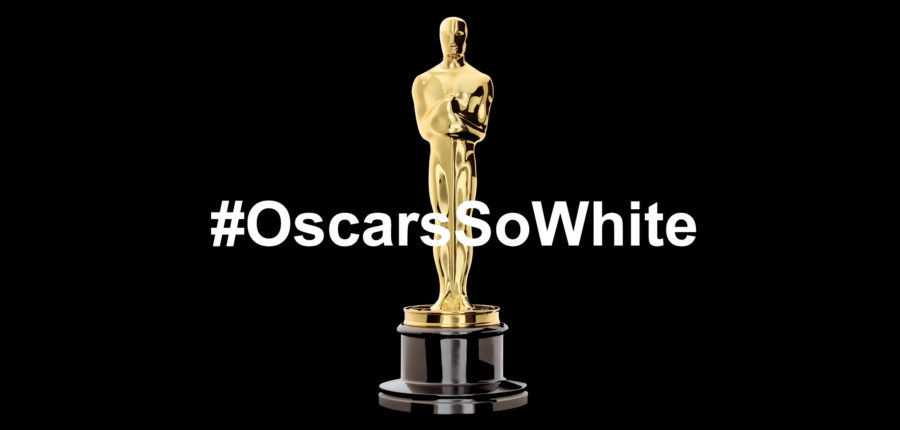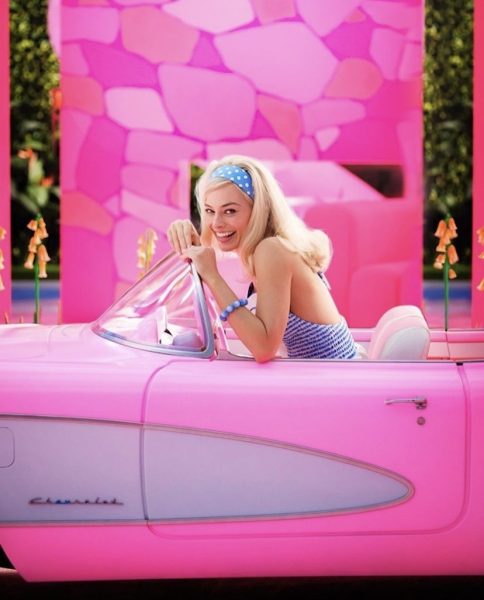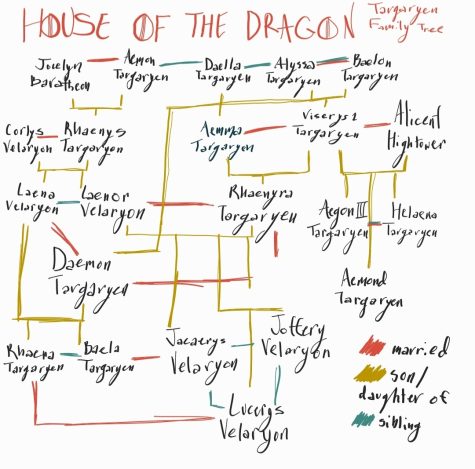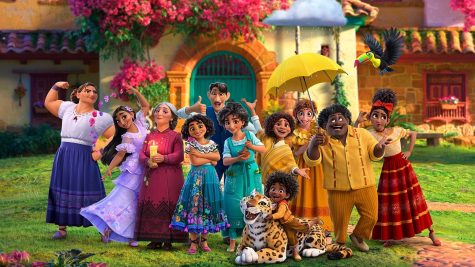#OscarsSoWhite
The TV is turned on and the opening soundtrack of the Oscars is blaring through the speakers. Nominee after nominee is announced and a noticeable change is easily observed. The dominant color of white is now speckled with other shades, a major contrast from the former blank canvas. The film industry is an international entertainment business and includes people of all races. The Oscars is inarguably the most prestigious awards show of film. This year, maybe because 46% of the Academy’s new recruits consisted of women and 41% of the recruits were people of color, but the 2017 Oscars has broken several records regarding diversity. This past decade there was an extreme lack of non-white nominees. Not only in 2016, but in 2015 as well, the Academy was unsuccessful in celebrating diversity within its ceremony. 100% of the nominees these past two years have been white. Consequently, the popular #OscarsSoWhite was trending on social media in an attempt to stand up for the potential well-deserving Oscar nominees of color who were overlooked.
“There are a lot more talented colored actors and they should be recognized more than they currently are,” CHS Junior and film enthusiast Hannah Arp said. “This year’s Oscars shows that [America] is taking steps forward to recognize not just Caucasian people, but also nominees from other countries.”
This is the first time in history that the Oscars has had a black nominee included in every category, partially because nine documentaries and films consisting of non-white topics were nominated. The actors within these films were largely black, giving them a high chance to be included in nominations. Viola Davis, who starred in “Fences,” set a record for the first non-white female to be nominated for a total of three categories. Alongside Davis, Denzel Washington broke his own record for a black, male actor with seven nominations with his role in “Fences.” Many other colored actors were nominated as well, including actress Octavia Spencer for her work in “Hidden Figures.”
Although black actors got their fair share of nominations this year, only one Indian actor was nominated. Dev Patel was chosen to be a nominee for his acting in “Lion,” the first Indian to be nominated in 13 years.
These nominations went past just the acting categories. The first black, female editor, Joi McMillon, was nominated for her work in “Moonlight.” Screenplay writers received recognition as well. Three non-white writers were nominated for best screenplay: August Wilson (“Fences”), Barry Jenkins (“Moonlight”), and Tarell Alvin McCraney (“Moonlight”).
“There are also some other non-white music producers like Lin-Manuel Miranda who made amazing tracks for ‘Moana,’” CHS freshman and avid Oscars viewer Melissa Glover said.
So far, no black directors have been nominated for the Oscars until 2017. Barry Jenkins, the director of “Moonlight,” turned his name into legend for becoming the first black director to be nominated, not just for Best Director, but for Best Picture and Best Screenplay as well.
Now that the Oscars has implemented more diversity, there is more America can do to move even more forward.
“I feel like [the Oscars] could have done more than just black or white, as far as diversity goes, by including Asians, Arabs, Hispanics, LGBTQ+, etc,” CHS freshman and passionate human rights supporter Tamia Newman said.
Although utilizing the Oscars is an impactful step towards diversity, one awards ceremony will not suffice for the many other non-white actors who are failed to be recognized. These necessary baby-steps can be taken within local theater productions or even by the film industry in general.
“An element I would like to see changed is the way we go about picking the films for the Oscars. I just feel like the board of the Academy should start being more diverse itself because if you don’t have a diverse board, you’re not going to have people who are open to see diverse films,” CHS senior, president of the Black Students Union (BSU), and committed thespian Kamaria Jordan said. “[The board] is really just older, white males and it’s hard for them to connect to the [non-white] films or feel empathetic toward them.”
This dramatic change from absolutely zero non-white nominees to a record total of 7 nominations for people of color is a revolutionary turn for diversity in America, not only in the film industry. There is still a long way to go and more goals to set and strive to achieve. Whether these non-white nominees win or not, the diversity of this year’s Oscars is an awards ceremony that will inevitably go down in history.
Hello there! Our goal is to provide relavent, engaging journalism for readers of all ages. Your donation will support the student journalists of the Wolfpacket at Claremont High School, and will allow us to purchase equipment, print our monthly issues, and enter in journalism competitions. We appreciate your consideration!
Katie Jung is a senior at Claremont High School and is delighted to spend her fourth year on the Wolfpacket staff as Editor-in-Chief. In her free time,...








